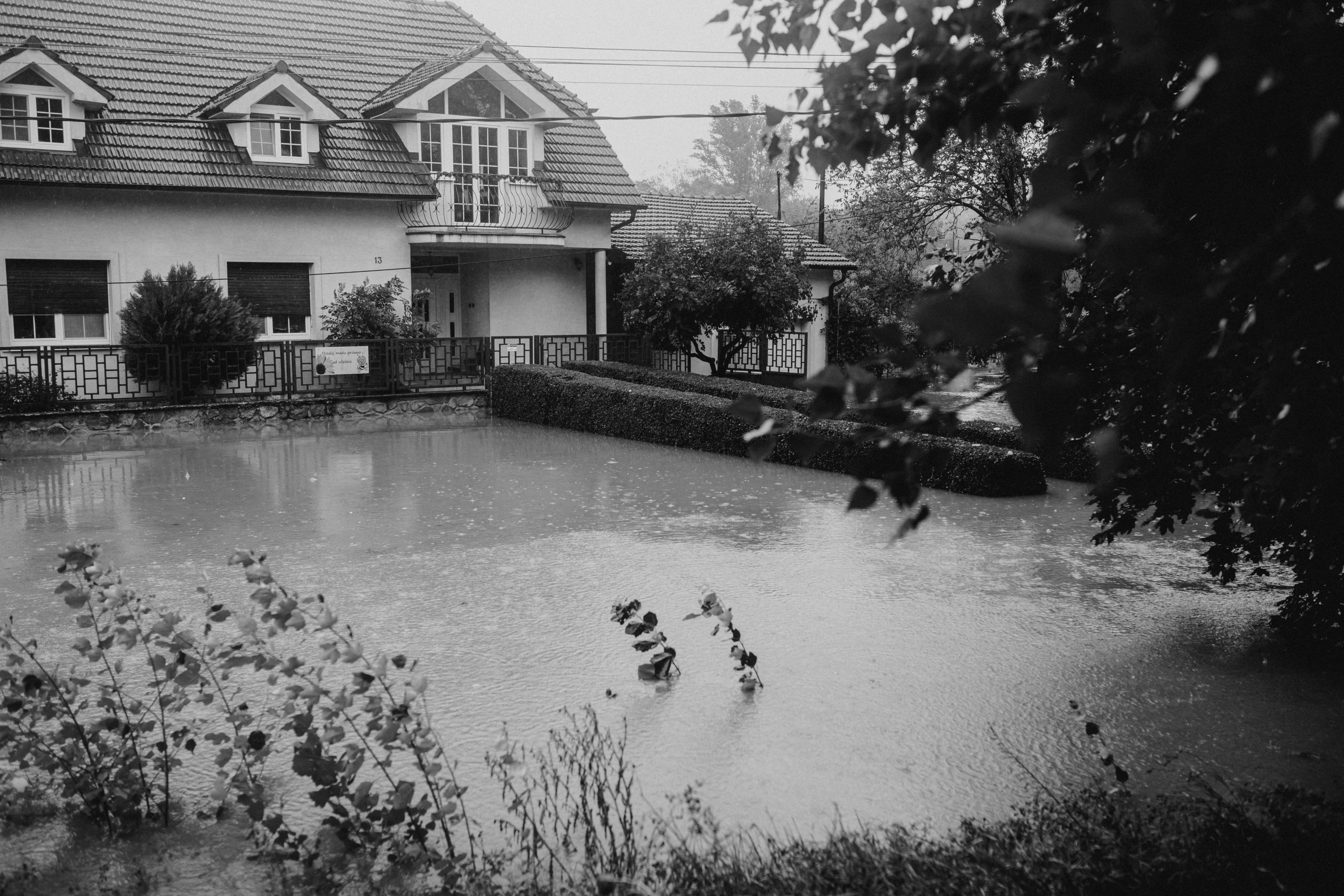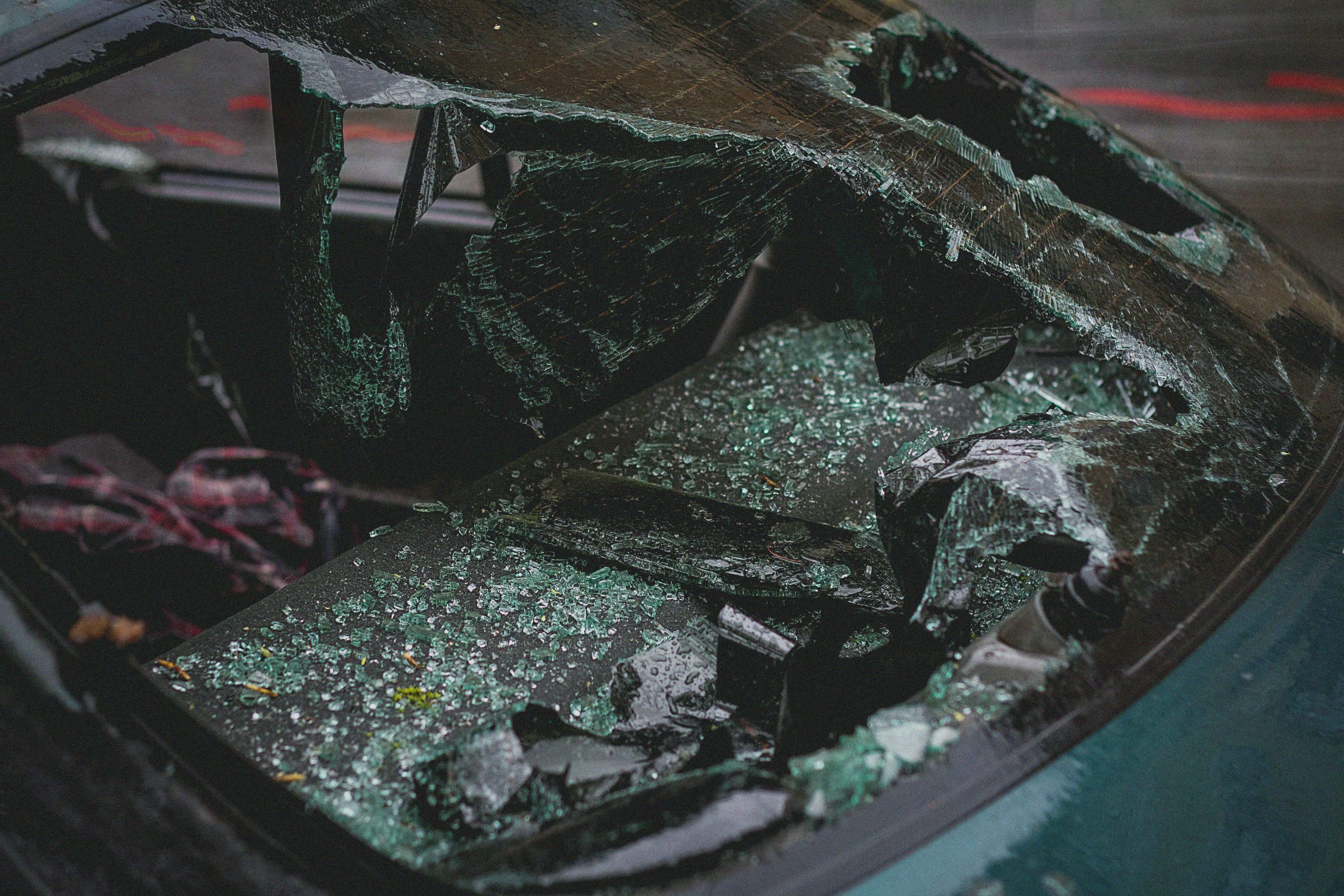Legal Concerns with an Uninsured Trucking Company After a Highway Accident
Dealing with the aftermath of a vehicle collision can be complex, especially when the at-fault party’s insurance status is uncertain. Recently, I encountered an incident involving a trucking company that appears to lack valid coverage, raising questions about their intentions and how best to proceed.
Incident Overview
While traveling on the highway, a truck merging improperly over double solid lines caused a minor collision with our vehicle. The estimated damages are approximately $11,000. The truck driver provided their insurance details and a photo of the policy. However, upon reaching out to their insurer, I discovered their coverage had been terminated two months prior to the accident.
Attempts to Contact the Responsible Party
Following this, I contacted the trucking company’s management. The operations manager instructed me to call back when they are in the office but has since been unresponsive to subsequent communication attempts.
Investigating the Carrier’s Insurance Status
Curious about their compliance, I checked the Federal Motor Carrier Safety Administration (FMCSA) database. It shows that their only active insurance policy is with Geico Marine Insurance, which raises suspicion. Industry insights suggest that some carriers may attempt to circumvent minimum insurance requirements by maintaining policies that do not cover commercial or freight-related activities, potentially using unrelated policies like marine insurance to mask a lack of appropriate liability coverage.
Additionally, I noted that the trucking company filed their Motor Carrier Identification Report (MCS-150) just three days after the accident, possibly indicating an attempt to mask or delay reporting.
Legal and Insurance Considerations
Given these circumstances, questions arise:
- Is their goal to delay or avoid financial responsibility by stalling proceedings?
- Should we engage a lawyer right away or send a formal letter via certified mail demanding compensation?
- Would pursuing legal action immediately be advantageous, or is it better to wait?
My father-in-law was driving the vehicle involved at the time, fully covered through his insurance. However, he was also working for Uber during the incident. He hasn’t disclosed this to his insurer, and I suspect he has Uber’s coverage. This brings into question whether submitting a claim to our provider might risk policy cancellation, especially since the accident occurred during ride-share activity.
Additional Concerns
Is it possible the trucking company holds other, undisclosed insurance policies? Should we persist in trying to establish contact with them, or proceed



